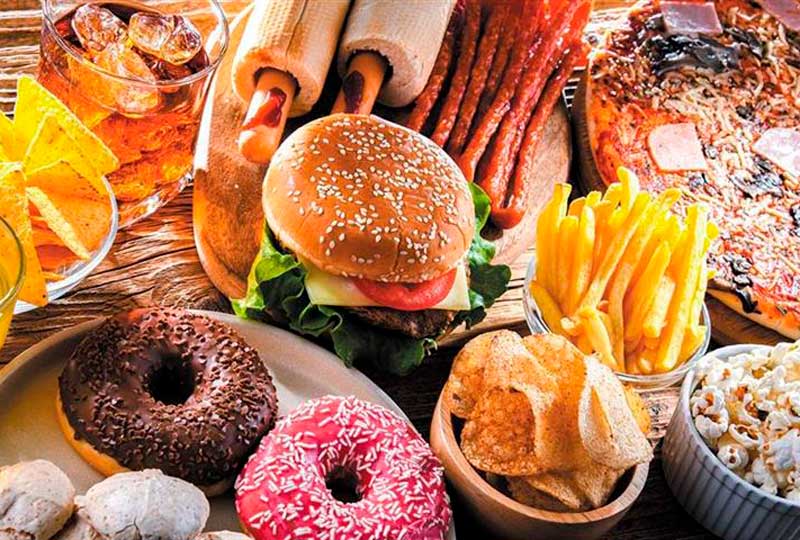The study was published on September 20 in JAMA Network Open. Harvard Chan co-authors included Dong Wang, assistant professor in the Department of Nutrition; Olivia Okereke and Mingyang Song, both associate professors in the Department of Epidemiology; and Andrew Chan, professor in the Department of Immunology and Infectious Diseases.
To assess the link between UPFs—such as packaged snacks and frozen meals—and depression, researchers collected data on diet and mental health from 31,712 middle-aged women enrolled in the Nurses Health Study II between 2003 and 2017. Participants filled out a questionnaire on their dietary habits every four years. They also reported if they received a clinical diagnosis of depression and/or started taking antidepressants during the study period.
The study found that participants who were in the top fifth of consumers of UPFs—eating nine or more servings per day—had a 50% higher risk of developing depression than those in the bottom fifth of consumers, eating four or fewer servings per day.
The researchers also identified a link between artificial sweeteners and depression: Participants in the top fifth of consumers had a 26% higher risk of developing depression than those in the bottom fifth.
Chan said in a September 20 article in Forbes that people “may wish to limit their intake of ultra-processed foods wherever possible”—particularly people who already live with depression or other mental health conditions.
He noted that the study controlled for confounding factors such as exercise and smoking status. In addition, none of the study’s participants had depression at the outset, which was the study’s strength, Chan told The Guardian. “We minimized the likelihood that our findings are simply due to individuals with depression being more likely to choose ultra-processed foods,” he said in a September 20 article.
pll/ro/cdg










